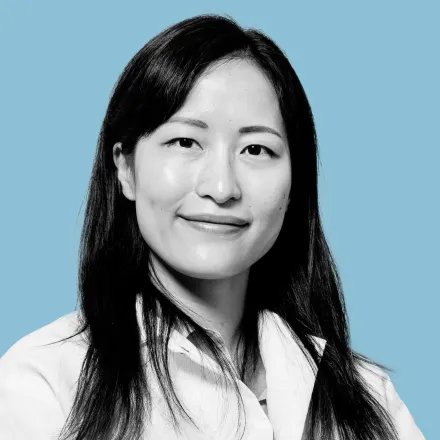Biotechnology & medicine
Julia Joung
Diving into “genome-scale screening."
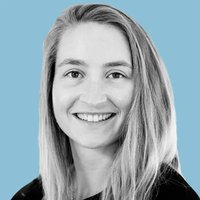
Global
Anna Blakney
Leading the hunt for better RNA vaccines.
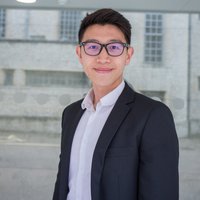
Europe
Boon Lim
Chief Technology Officer of Oxford SimCell Limited
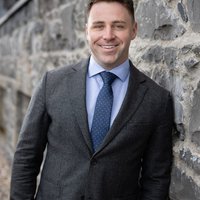
Europe
Brendan Staunton Staunton
CEO and co-founder of Amara Therapeutics
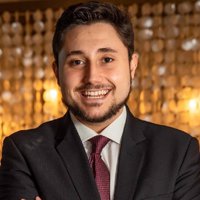
Brazil
Pedro Santoro
Aims to solve one of the crucial challenges in healthcare: the shift change in intensive care.
